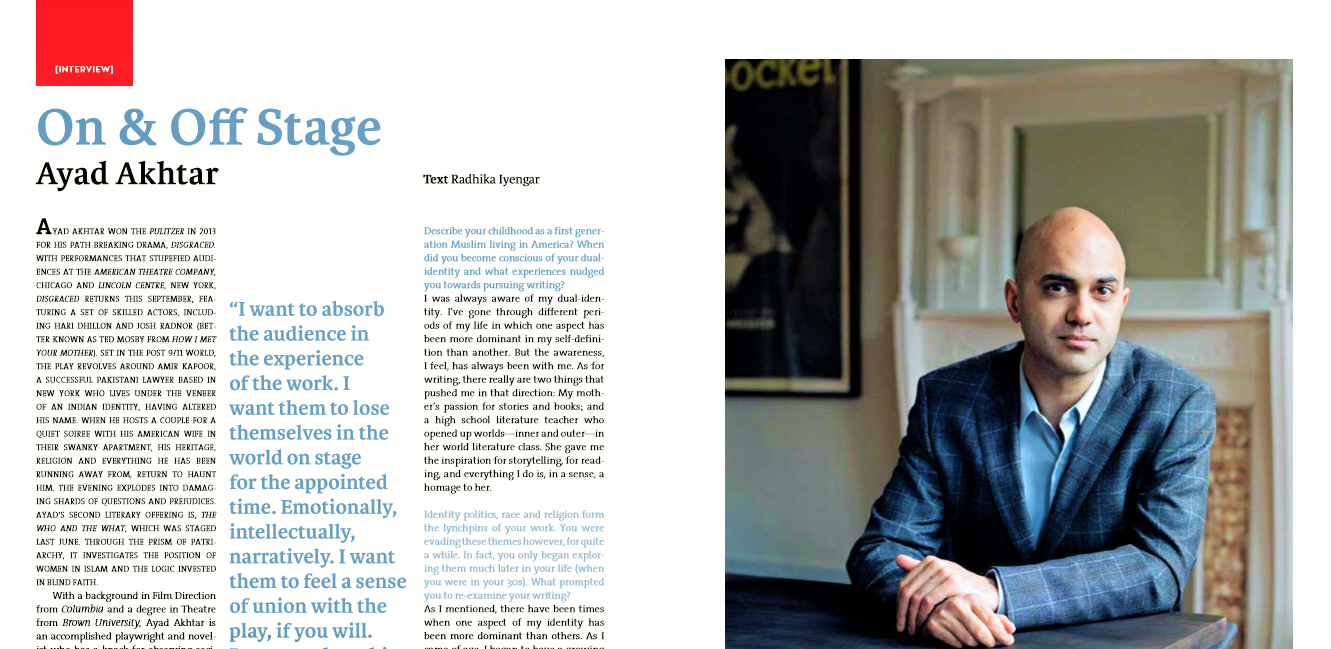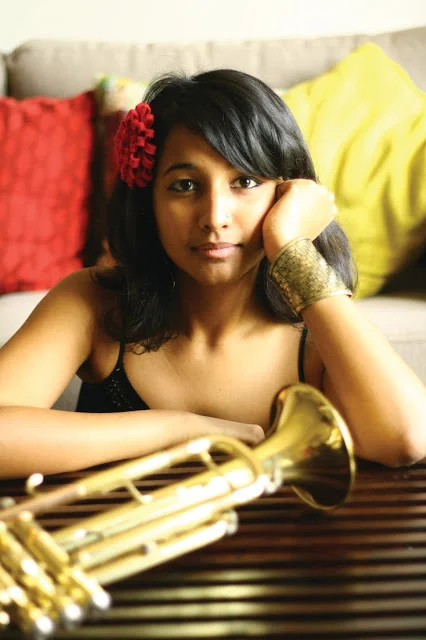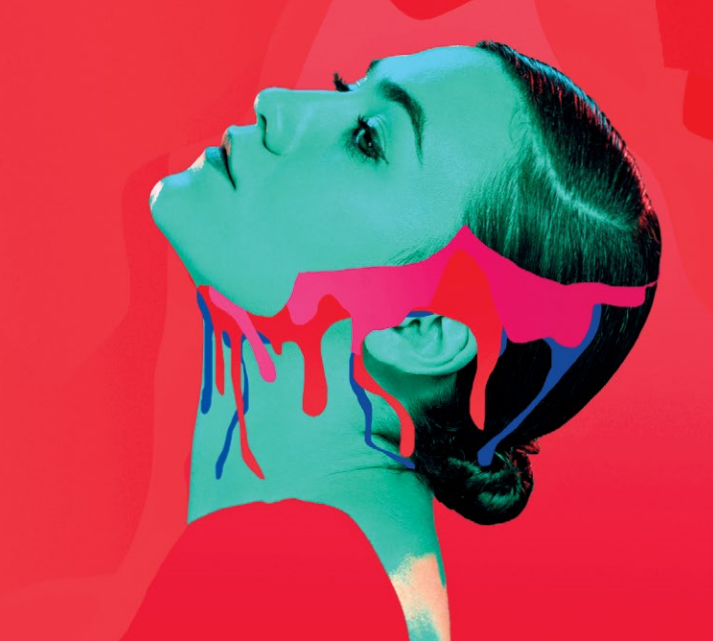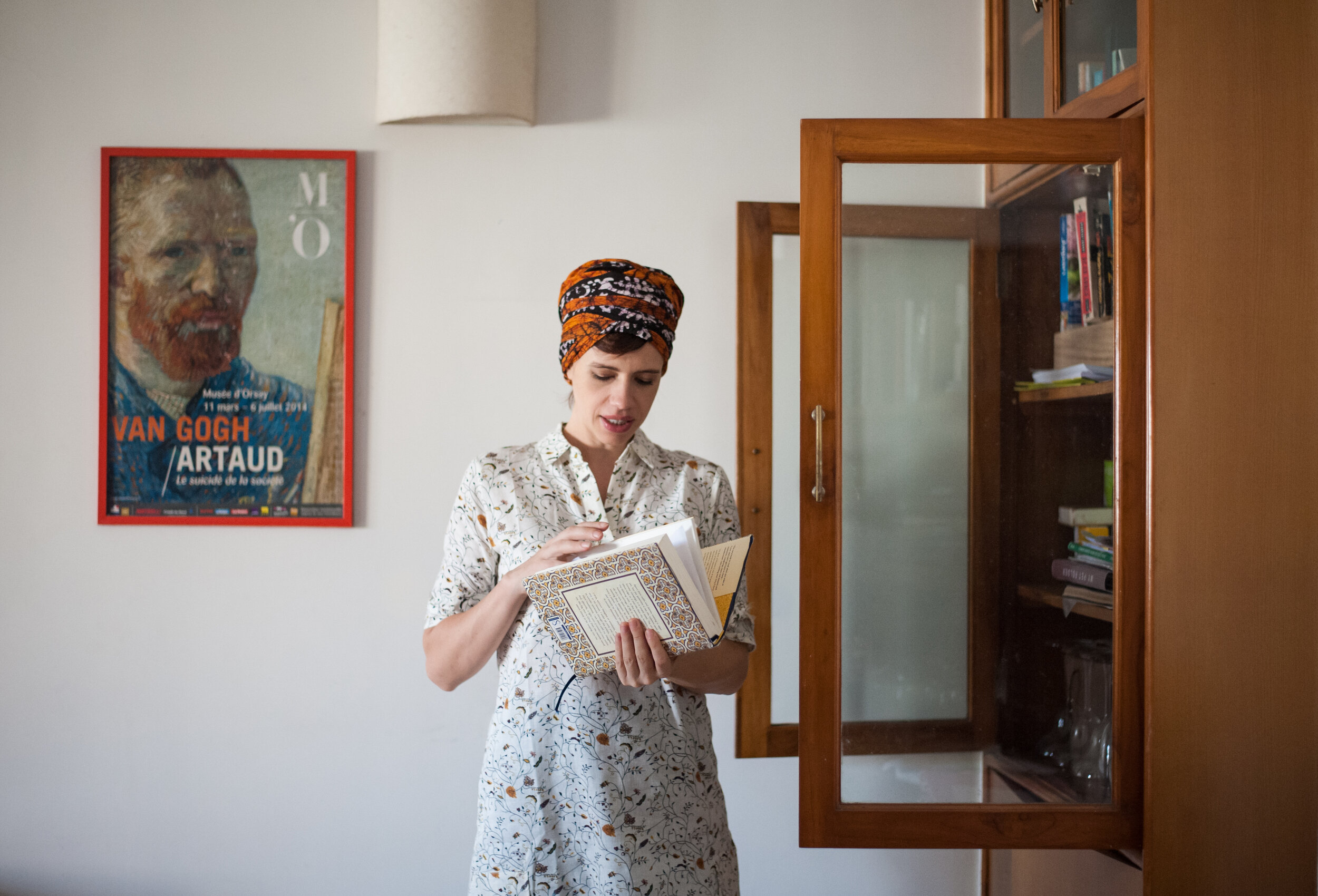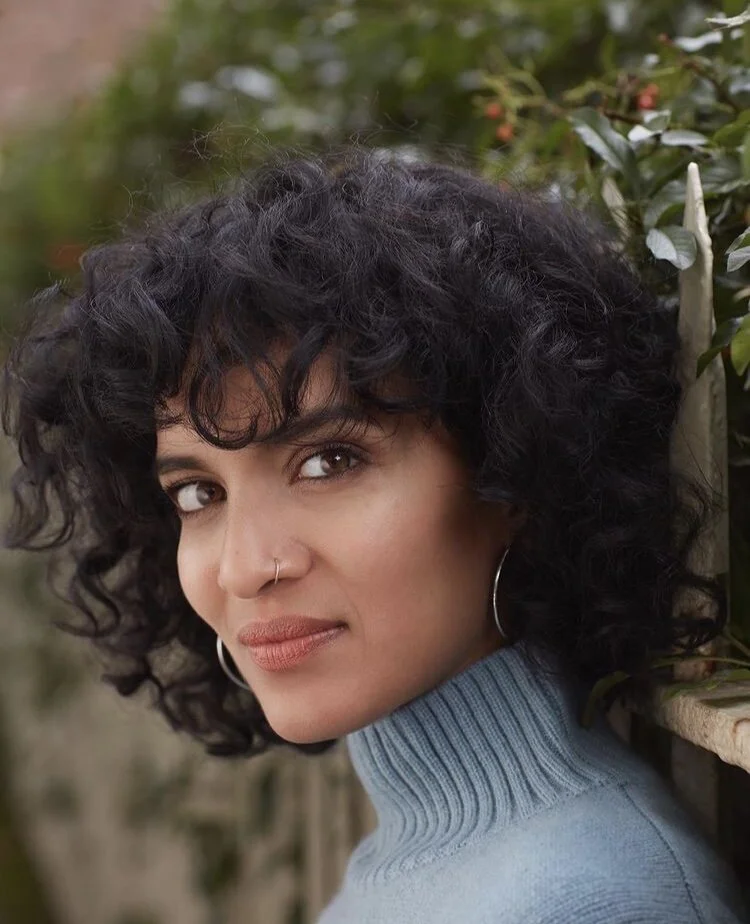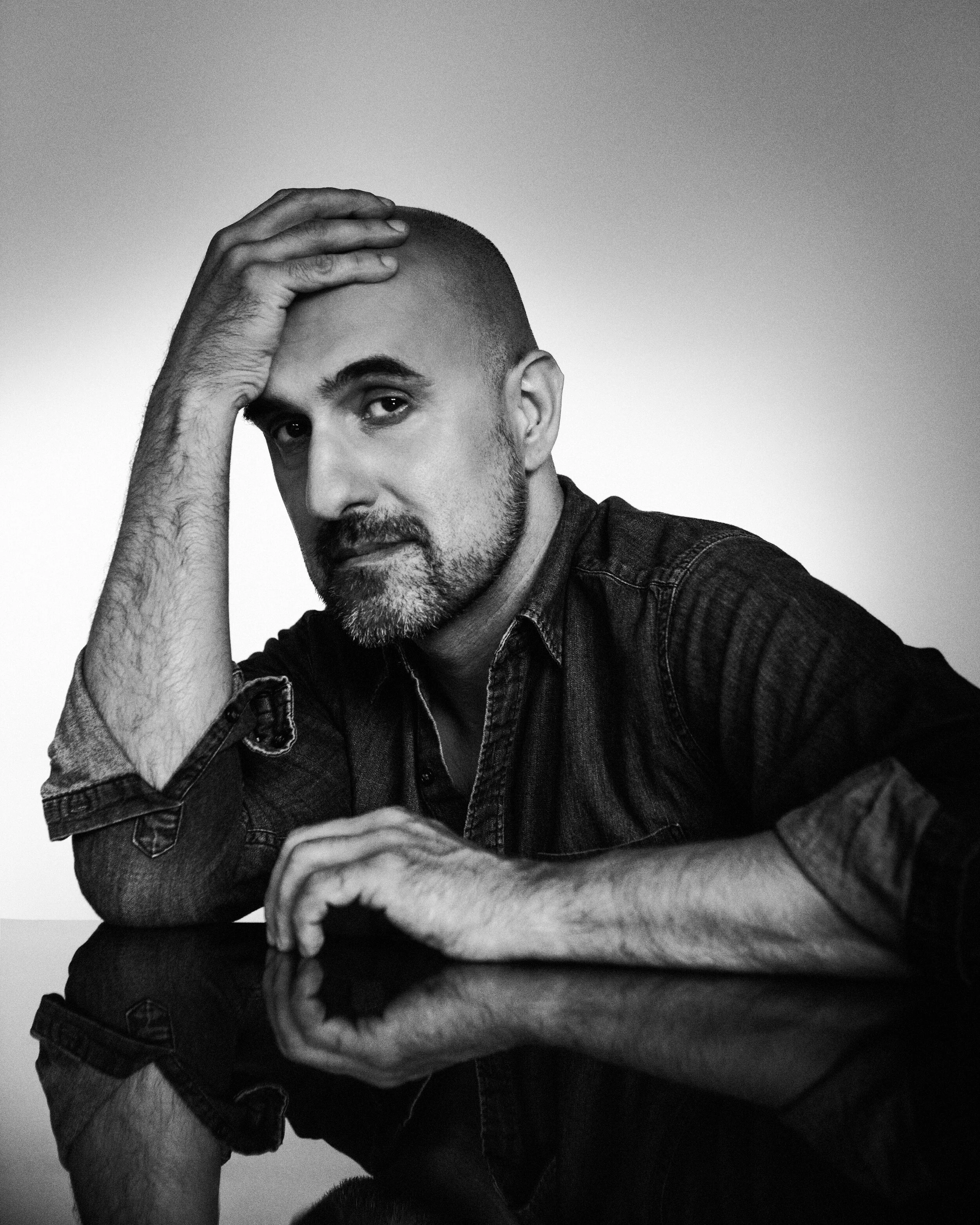On & Off Stage with Ayad Akhtar
This interview was originally published in Platform magazine
Ayad Akhtar won the Pulitzer Prize in 2013 for his path-breaking drama, Disgraced. With performances that engaged and stirred audiences at the American Theater Company, Chicago and Lincoln Center, New York, Disgraced returns to the stage this September featuring a set of skilled actors, including Hari Dhillon and Josh Radnor (better known as Ted Mosby from How I Met Your Mother).
Set in post 9/11 world, the play revolves around Amir Kapoor, a successful Pakistani lawyer based in New York who lives under the veneer of an Indian identity, having altered his name. When he hosts an American couple for a quiet soiree with his American wife in their swanky apartment, Kapoor’s heritage, religion and everything he has been running away from return to haunt him. The evening is riddled with prejudices and damaging questions. Akhtar’s second literary offering is the Who and the What, which was staged last June. Through the prism of patriarchy, it investigates the position of women in Islam and the 'logic’ invested in blind faith.
With a background in Film Direction from Columbia University and a degree in Theatre from Brown University, Ayad Akhtar is an accomplished playwright and novelist who has a knack for observing society with a microscopic eye. He tactfully interweaves threads of race, religion and identity-politics into the fabric of his work. A deft screenwriter as well, Akhtar has received the Independent Script Award nomination for writing the screenplay for The War Within.
Platform Magazine negotiates through a series of questions to learn more about the award-winning phenomenon and his writing process.
Describe your childhood as a first generation Muslim living in America? When did you become conscious of your dual identity and what experiences nudged you towards pursuing writing?
I was always aware of my dual-identity. I’ve gone through different periods of my life in which one aspect has been more dominant in my self-definition than another. But the awareness, I feel, has always been with me. As for writing, there really are two things that pushed me in that direction: My mother’s passion for stories and books; and a high school literature teacher who opened up worlds—inner and outer—in her world literature class. She gave me the inspiration for storytelling, for reading, and everything I do is, in a sense, a homage to her.
Identity politics, race and religion form the lynchpins of your work. You were evading these themes however, for quite a while. In fact, you only began exploring them much later in your life (when you were in your 30s). What prompted you to re-examine your writing?
There have been times when one aspect of my identity has been more dominant than others. As I came of age, I began to have a growing realization that my own sense of myself was incomplete. That it was predicated on a kind of fiction, or at least, a wilful choice. That choice had to do with the belief that I could be what I wished to be. That self-creation was simply a matter of will. But the truculent geo-politics of the post 9/11 world played a role in making me see that this was not really the case. And it caused me to question why it was that I wished to put so much distance between how I grew up d what I aspired to be. That was the beginning of a long reassessment, again, a function, I think of maturity. Of coming to understand that the mirage on the horizon is never really as interesting as the reality of where one is.
Disgraced will hit the stage for the third time this September. How different will this production be from the last time it was staged?
Well, first off, the play has never been shown to a house of more than 150 people. At the Lyceum Theater on Broadway, there are more than 700 seats! So we’ll see how it plays for a much larger audience. There are elements from all three productions—Chicago, New York, London—coming together for the first time, so that will be interesting. I think everyone is excited to see how we can bring the best of each of those productions together into this one. In a way, I think there’s an opportunity here for a much larger house to help the experience of the play go even deeper.
Where do you find your stories?
It may sound coy, but the truth is, they find me. In the paper. At lunch with a friend. In a dream. Never anywhere consistent. But it will always be the result of an engagement with others, with my own alterity with the world.
An unconventional piece punctuated with crisp dialogues that build verbal skirmishes, The Who and the What is a potent theatrical drama. What sparked the plot?
I was taking a cab home one night a few years ago, and I saw an ad for Kiss Me, Kate on the television that cabs now have at the back of the seats. And I thought to myself, "What is this obsession with Taming of the Shrew?" The reality is, the gender politics of that play have no resonance with today’s Western audiences. But in recognizing that, I also saw very clearly that I understood those old world gender politics all too well, as they were very much alive in my family’s culture, my larger cultural community. That was spark. Taking the same dramatic circumstance as Shrew and running with it: Two sisters—the older sister has sworn off love, the younger sister’s got a boyfriend, she wants to marry him, their father says, "You’re not marrying your boyfriend till your older sister gets married."
Coming into this whole thing, I’d actually had a longstanding desire to write a relationship play about Muslim American matrimonial mores. So that was the kindling that the spark ignited in me, so to speak. And there was another thing that had been with me for some time: A preoccupation with the Prophet, how the Prophet’s example affects how Muslims approach the questions of love and commitment, matrimony and relationships.
Your characters are carefully moulded. They aren’t cardboard cut-outs; rather each of them is multi-layered. What are the important elements you take into consideration while crafting your characters?
I draw from my lived experience—my own or that which is closely observed in others. There is no substitute for the richness of real life. As far as thinking about character in general, I think a character lives and breathes through contradiction. When you discover the real contradictions of a character, s/he tends to begin living and breathing in the mind and on the page of her own accord. That, anyway, is what I’ve discovered.
In an interview, you said, “The enduring preoccupation of literature is liberation—liberation from the shackles of illusion in its deepest sense.” What is it that you wish the audience to take away after they have watched your plays?
I want to absorb the audience in the experience of the work. I want them to lose themselves in the world on stage for the appointed time. Emotionally, intellectually, narratively. I want them to feel a sense of union with the play, if you will. Because when this happens, it actually creates a sense of union with those around you in the audience. There is something so powerful about the collective experience of watching live theater, the inaction of something happening before you on a stage. It hankers back to the roots of ritual and religion, and there is still something primordial implied and thus possible in the experience of theater. To me, that begins with absorption.
Lastly, what are you working on? Are there any stories/scripts that you are toying with? I’m working on a number of things.
I have a new play going up in New York later this year, after Disgraced opens on Broadway. It’s set in Pakistan, and is about the nexus between global finance and militant politics. Both are wreaking violence on the world in very different ways, but perhaps each has more in common with the other than we realize. That, anyway, is the animating principle of the piece. It’s called, The Invisible Hand.
